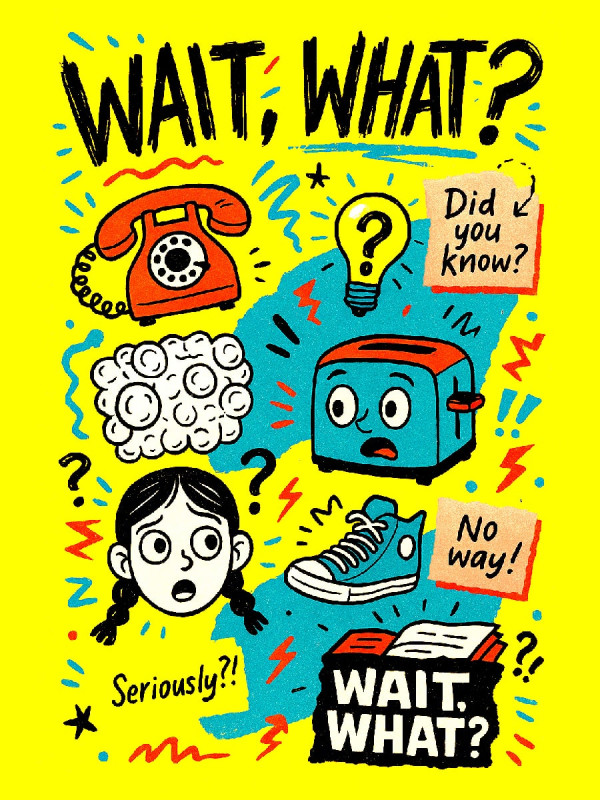Blog The Power of Sound: Understanding the Importance of Audio in Films
The Power of Sound: Understanding the Importance of Audio in Films
In the captivating world of cinema, visuals often steal the spotlight, but one cannot overlook the significant role that audio plays in enhancing the overall cinematic experience. The importance of audio in films cannot be underestimated. From dialogue and music to sound effects, the power of sound is a potent tool that filmmakers wield to immerse the audience in their narrative. In this blog, we will explore the pivotal role of audio effects in films, highlighting the power of sound in creating emotional impact and fostering a deeper connection with the audience.
Audio Effects In Filmmaking
1. Setting the Mood: The Importance of Audio in Films
Audio effects in films serve as a vital component in setting the mood and tone of a scene. The use of background music, ambient sounds, and even silence can evoke specific emotions and intensify the overall impact of a visual sequence. Whether it's the ominous score in a horror film or the heartwarming melody in a romance, the importance of audio in films lies in its ability to trigger a visceral response from the audience.
2. Amplifying Emotions: The Power of Sound
Imagine a suspenseful scene in a thriller where the protagonist tiptoes through a darkened corridor. The creaking floorboards, echoing footsteps, and faint heartbeat-like drumming in the background elevate the tension to its peak. The power of sound in this scenario lies in its capacity to make the audience feel the fear and uncertainty that the character experiences. Audio effects in films can amplify emotions, making the viewers more invested in the story and the characters' plight.
3. Enhancing Narrative Depth: The Importance of Audio Effects in Films
Filmmakers employ audio effects to add layers of depth to their storytelling. Soundscapes, ambient noises, and carefully selected music can provide crucial context, enriching the visual narrative and enhancing the film's overall atmosphere. Whether it's the bustling streets of a city or the serene tranquility of a countryside, the importance of audio in films lies in its ability to transport the audience to different worlds, making the cinematic experience all the more immersive.
4. Fostering Empathy: The Power of Sound
Sound can be a powerful tool for building empathy between the audience and the characters on screen. Through sound, viewers can relate to the emotions and experiences of the characters, forging a strong emotional bond. Dialogue delivery, the pitch of voices, and even the timing of pauses contribute to the characters' authenticity, enabling the audience to connect with them on a more profound level.
5. Creating Realistic Environments: The Importance of Audio Effects in Films
A film's audio design is instrumental in crafting realistic environments that mirror the real world or portray fantastical settings. Whether it's a spaceship hurtling through space or a bustling medieval marketplace, audio effects help in constructing an immersive soundscape that convinces the audience of the film's authenticity. The importance of audio in films extends to its role in suspending disbelief and making the impossible feel tangible.
6. Conveying Information: The Power of Sound
Audio in films serves as an essential tool for conveying information and guiding the audience through the narrative. Sound effects can hint at off-screen events, create foreshadowing, and draw attention to critical plot points. Additionally, audio cues can provide context, such as time and place, even in the absence of explicit visual cues.
7. Setting the Film's Rhythm: The Importance of Audio Effects in Films
The pacing and rhythm of a film heavily rely on its audio elements. From the tempo of the background score to the timing of sound effects, audio plays a crucial role in controlling the audience's emotional journey. A fast-paced soundtrack can intensify action sequences, while a slow, melancholic melody can evoke nostalgia and introspection.
8. Transforming Perspectives: The Power of Sound
Audio in films can be utilized to transform perspectives, shifting the audience's focus and altering their emotional responses. Through the strategic use of sound, filmmakers can manipulate perception, heightening suspense or creating surprises that catch the viewers off guard.
Let’s Sum Up
The importance of audio in films is undeniable, as it weaves a seamless tapestry with visuals to create an immersive and emotionally resonant cinematic experience. Audio effects in films have the power to enhance storytelling, evoke emotions, and immerse the audience in the world of the characters. As viewers, let us pay closer attention to the nuances of sound in films, appreciating the artistry and creativity that go into crafting soundscapes that elevate cinematic storytelling to new heights. Next time you watch a film, listen closely, and discover the transformative power of sound.
1 Categories
Documentary
Latest Posts
Watch the latest post from the Series
Wake Up, Monologue. We Brought Back a Story from Nagaland
By Pluc Originals
PlucBooks is Here! Let’s Talk About It!
By Tanya Khandelwal
Here are 10 Christmas movies you can watch with your family this holiday season 2024
By People Like Us
Who is a Creative Powerhouse?
By People Like UsShows
Related shows we think you’ll like



Sign up for our weekly newsletter!




